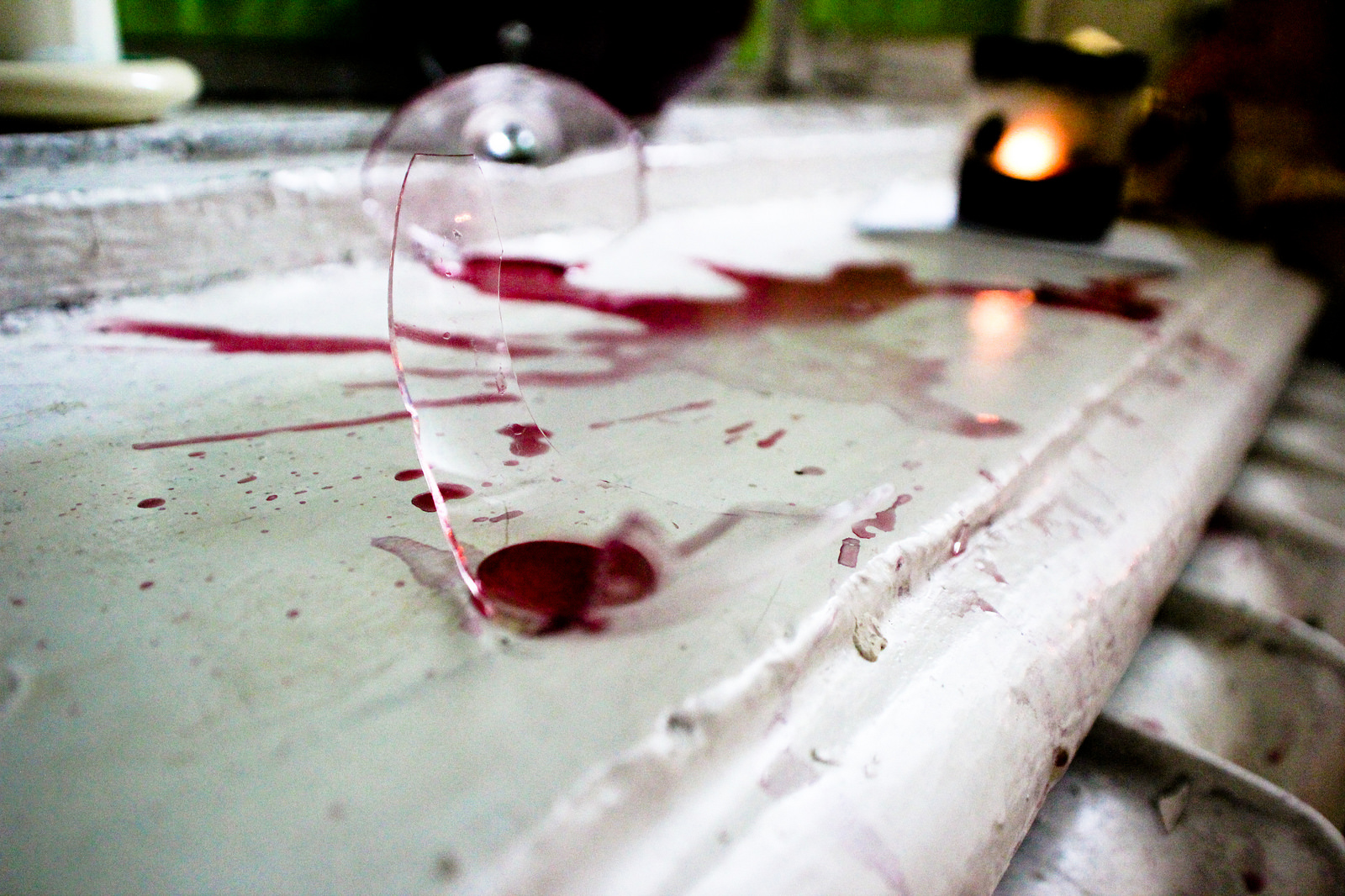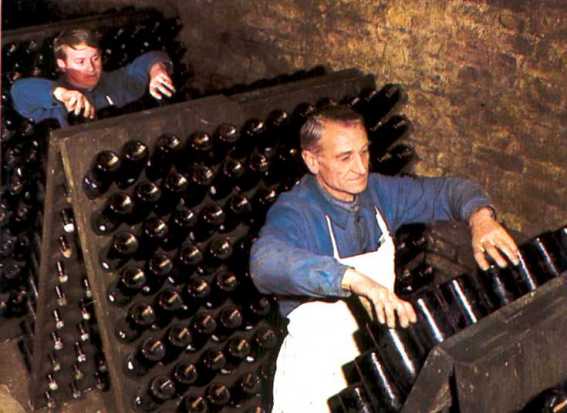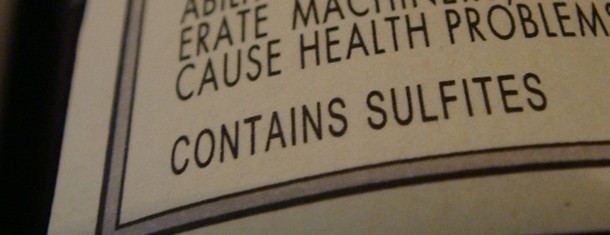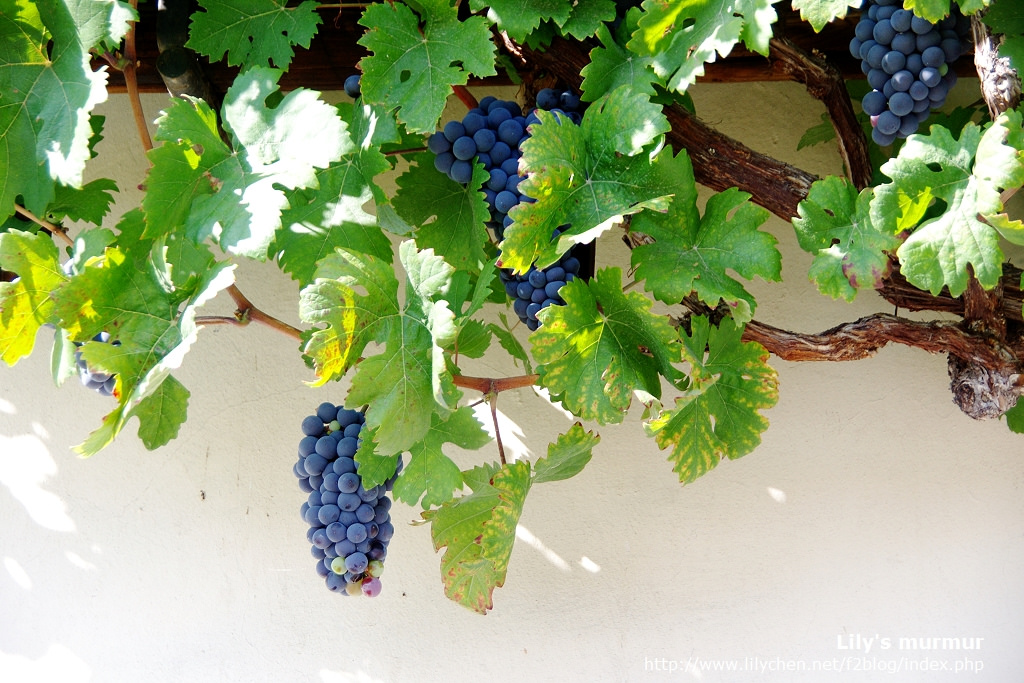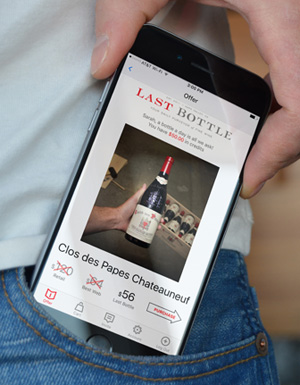Ever seen the going price for a Domaine Romanee-Conti Grand Cru? That’s one kind of bottle shock. Not the kind that we’re talking about. In fact the term “bottle shock” has nothing to do with price, electricity, or the bottle suFffering a gruesome fracture after slipping from your hands.
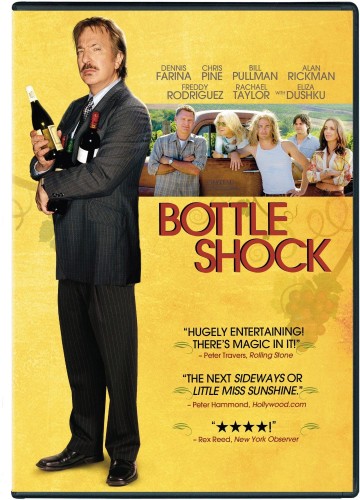
Bottle Shock the movie doesn’t have much to do with the term, instead referring to the shock when California wines triumphed over their French counterparts.
Maybe you bought a case of wine, and opened a bottle a few years later expecting it to have fabulous complexity and rich flavor only to be let down when it tastes, well, like not much at all. The two wine terms “bottle shock” and “dumb phase” both refer to a period when a wine’s flavor becomes muted or disjointed, but for slightly different reasons.
Bottle shock is most common immediately after bottling, especially with white wines, where the transition from barrel to bottle shifts the environment and the aromas and flavors need to regain their composure. During bottling a small amount of oxygen is introduced into the bottle, which could play a role. It also happens after wine travels a far distance, and sometimes you’ll get a warning from the shipper to let the bottles recover from their trauma for a few days or weeks. We know phenols, tannins, and other organic compounds are always evolving inside the bottle, and some folks speculate that a long, shaky journey can throw those things for a loop, shutting down their evolution for a short time.
Some age-worthy wines enter a “dumb phase”. They’re bright and generous in their youth, graceful and complex with old age, but totally awkward in their adolescence. As a bottle ages, phenols attach to tannins and fall out of suspension, and the primary fruit, oak, and tannins give way to secondary flavors of leather, earth, and tea. This seems to happen more with Burgundy, Nebbiolo, and some reserve Syrah or Cabernet.
So what gives? Sadly there’s no exact science behind the phenomenon. Next time you pull something from your collection and find it strangely different from what you remembered it tasting like, perhaps you simply woke the wine from hibernation. Let the remaining bottles rest for a while longer and you might find they’re much smarter next time you try one.

